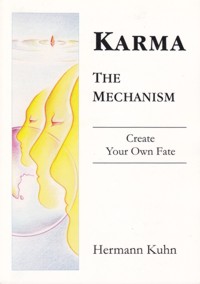The fourth freedom is customarily interpreted as 'the restraining of sexual activity'. Yet this restrictive understanding does not agree with the dynamism with which the other four freedoms accelerate the expansion of human experience and development.
Yet there is a deeper dimension of the Sanskrit-word 'brahma' denoting this freedom that has been totally lost during the last millennia. 'brahma' means 'growth', 'evolution', 'expansion'. It is not in any way connected to sexual sense-experiences.[1]
None of the ancient scriptures offer an explanation why the restriction of one particular sense-experience would cause inner growth. The few dogmatic statements about this subject do not conform to the precision of this knowledge which usually presents quite exhaustive elucidation.
For all these reasons it is probable that between the time and teaching of Mahavir (557 to 527 BC) and the writing of the Tattvarthasutra 700 or 800 years later, the word brahma has changed its meaning - as it happened several times in the history of Sanskrit.
Taking the original meaning 'expansion' and 'growth' freedom from non-growth (a-brahma) means 'the intention to grow' - which is far more in step with the dynamic expansion characteristic to this knowledge, than its mere reduction to sexuality.
It certainly is everyone's own decision to interpret abrahma in the conventional way. In our modern world this would be 'freedom from the need to always search for (new) sexual partners'. However, it is recommended to observe whether practicing this interpretation really brings about a noticeable expansion of consciousness.
Yet - irrespective how this is assessed - our very own 'intention to grow' doubtlessly constitutes the core-element of any path to ultimate freedom.
 Hermann Kuhn
Hermann Kuhn
